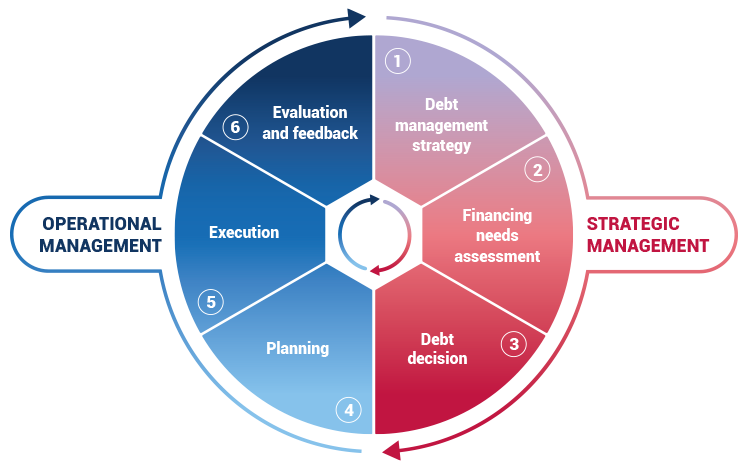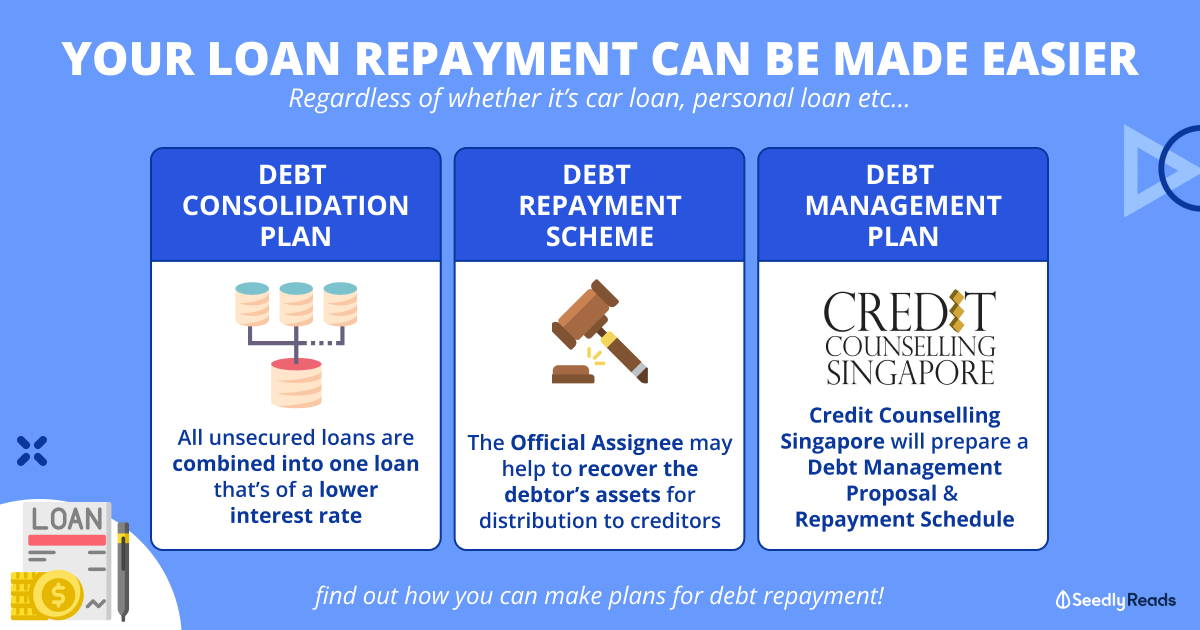Expert Tips and Methods for Implementing a Successful Financial Obligation Management Strategy
When it comes to browsing the intricacies of financial debt management, having a well-thought-out plan is critical for achieving financial stability. From examining your existing economic standing to negotiating with creditors, each step plays a critical function in forming an effective financial debt monitoring strategy.
Examining Your Existing Financial Scenario
Prior to starting a debt monitoring strategy, it is critical to extensively evaluate your current financial standing. Recognizing your economic scenario is the fundamental action towards efficiently handling and decreasing your debt. Begin by compiling an in-depth listing of all your financial obligations, consisting of exceptional balances, interest prices, and minimal month-to-month settlements. This will certainly give a clear review of the level of your economic commitments. Furthermore, examine your income resources and month-to-month expenses to determine your non reusable earnings offered for debt payment.

Creating a Realistic Budget
Understanding your present monetary circumstance prepares for creating a realistic budget that aligns with your financial obligation administration objectives and monetary abilities. When producing a spending plan, it's critical to properly track your revenue, expenditures, and debt commitments. Beginning by detailing all income sources, consisting of earnings, bonuses, and any added revenues. Next off, describe your repaired expenses such as rent or home mortgage settlements, energies, insurance policy, and finance settlements. Variable expenditures like grocery stores, enjoyment, and transport must likewise be accounted for. By categorizing your expenses, you can recognize locations where you might need to cut back to liberate funds for debt repayment.

Prioritizing and Dealing With Financial Obligations
To successfully reclaim control of your funds and job in the direction of economic security, focusing on and tackling your financial debts is a crucial action in your financial debt monitoring strategy. Beginning by detailing all your financial debts, consisting of bank card, lendings, and any other outstanding equilibriums. Recognize high-interest financial debts that are costing you one of the most cash and focus on paying them off initially. By concentrating on these high-interest financial debts, you can conserve money in the future and decrease the total amount you owe.
After identifying your high-interest financial debts, think about using approaches like the financial obligation snowball or debt avalanche technique to pay them off systematically. Check This Out The financial debt snowball technique entails settling the smallest financial debts first, while the financial debt avalanche technique prioritizes financial debts with the greatest interest prices. Choose the technique that aligns ideal with your monetary objectives and inspires you to keep making progress.
In addition, take into consideration working out with financial institutions for reduced rate of interest or establishing a layaway plan if you're struggling to satisfy your current responsibilities. Seeking aid from a credit rating therapist or monetary advisor can likewise provide beneficial insights and guidance on how to successfully tackle your debts - debt management plan services. By focusing on and addressing your you could try here financial obligations strategically, you can pave the means towards a debt-free future and boosted financial health
Working Out With Lenders
When participating in financial debt administration, negotiating with lenders is a critical step towards locating equally advantageous remedies for financial obligation settlement. Open interaction with creditors can result in modified layaway plan, lowered rates of interest, or even negotiation deals. Prior to launching settlements, it is important to have a clear understanding of your financial situation, including your income, expenses, and the total amount of financial obligation owed. This details will certainly not just aid you make realistic offers however likewise show to financial institutions that you are committed to fixing the financial obligation.

Building Healthy And Balanced Economic Routines
Incorporating regular budgeting methods is crucial for cultivating healthy and balanced financial practices. Budgeting permits individuals to track their earnings and expenses, enabling them to make enlightened decisions concerning their financial concerns. Setting certain financial objectives, such as conserving for emergencies or retired life, can provide a clear roadmap for taking care of money properly.
Another secret facet of building healthy economic habits is living within one's methods. This entails spending less than what is made and preventing unneeded financial debt. Taking on a prudent way of thinking and distinguishing in between requirements and desires can aid people make even more sensible investing selections.
Regularly reviewing financial declarations and monitoring credit scores reports are essential practices that promote economic awareness and duty. By remaining notified concerning their economic standing, people can recognize possible concerns beforehand and take proactive steps to resolve them.
Furthermore, establishing a savings practice, despite Get More Information small amounts, can add significantly to long-lasting monetary safety. Conserving on a regular basis not just develops a financial pillow for unforeseen expenses but also fosters a feeling of technique and obligation towards money monitoring. By continually exercising these habits, people can lay a strong structure for a steady financial future.
Verdict
In final thought, implementing an effective debt monitoring plan calls for an extensive assessment of one's monetary situation, the advancement of a realistic budget plan, prioritizing and taking on debts, discussing with creditors, and structure healthy and balanced monetary behaviors (debt management plan services). By following these specialist ideas and strategies, people can take control of their funds and work in the direction of achieving economic stability and flexibility from debt
Recognizing your current monetary scenario lays the groundwork for creating a realistic spending plan that lines up with your financial debt management objectives and economic capabilities.To successfully reclaim control of your finances and job in the direction of financial security, focusing on and tackling your financial obligations is a vital action in your financial obligation monitoring strategy.After identifying your high-interest debts, think about utilizing approaches like the debt snowball or debt avalanche technique to pay them off methodically. The financial debt snowball approach entails paying off the smallest debts first, while the financial obligation avalanche approach focuses on debts with the highest rate of interest prices.When engaging in financial debt monitoring, negotiating with creditors is a crucial step towards finding equally valuable remedies for financial debt payment.